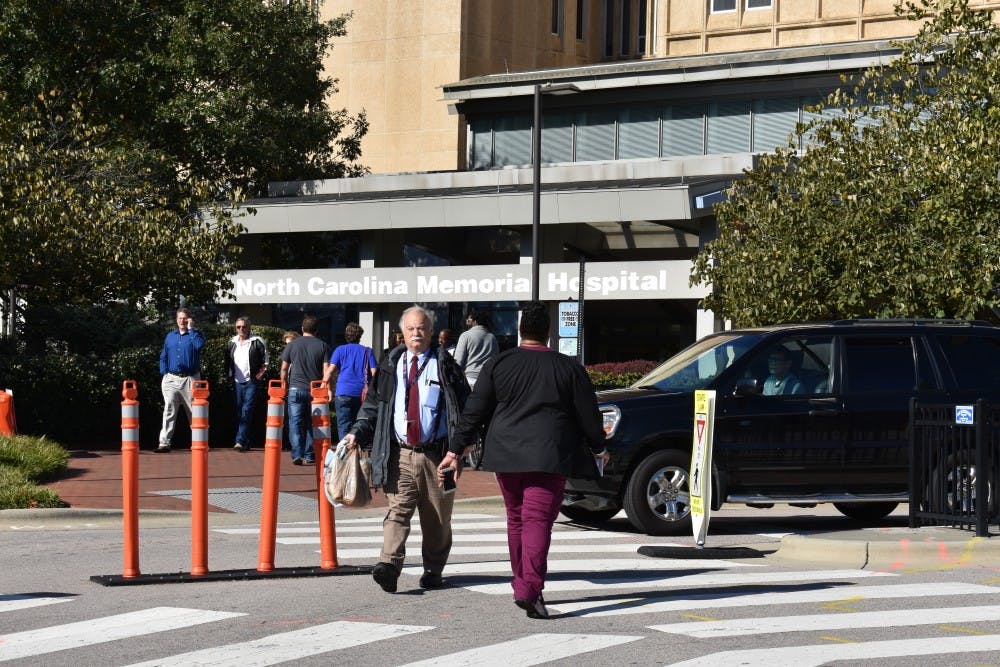About 50 percent of UNC employees go somewhere else for their health care, N.C. State Treasurer Dale Folwell said during a panel on Monday.
The UNC Campus Community Forum held the panel to discuss the issues surrounding the North Carolina State Health Plan.
Shayna Hill, chairperson of the UNC Employee Forum, spoke to how the poor coverage is impacting UNC faculty and staff.
“One employee shared with me that for the past several years, she has had to make the decision between health care for her children or health care for herself — often choosing not to visit her health care provider for yearly checkups, and putting off procedures for herself," Hill said.
Another employee is filing bankruptcy due to staggering medical bills, while multiple employees are leaving UNC because the cost of family coverage is prohibitive, Hill said.
Problems facing the plan
Folwell said the health care plan serves 720,000 individuals, which is almost as many people as the workforces of Amazon, J.P. Morgan and Berkshire Hathaway combined.
“You should be outraged at the fact that you’re involved with a plan which is the largest purchaser of something in this state, not just health care but pharmaceuticals, and we’re not getting the best possible prices,” Folwell said.
Folwell said the state health plan is going to run out of money in 2 ½ years. He said health care and pharmaceutical costs are increasing by more than 4 percent, while the funding in the budget remains at a 4 percent rate.




